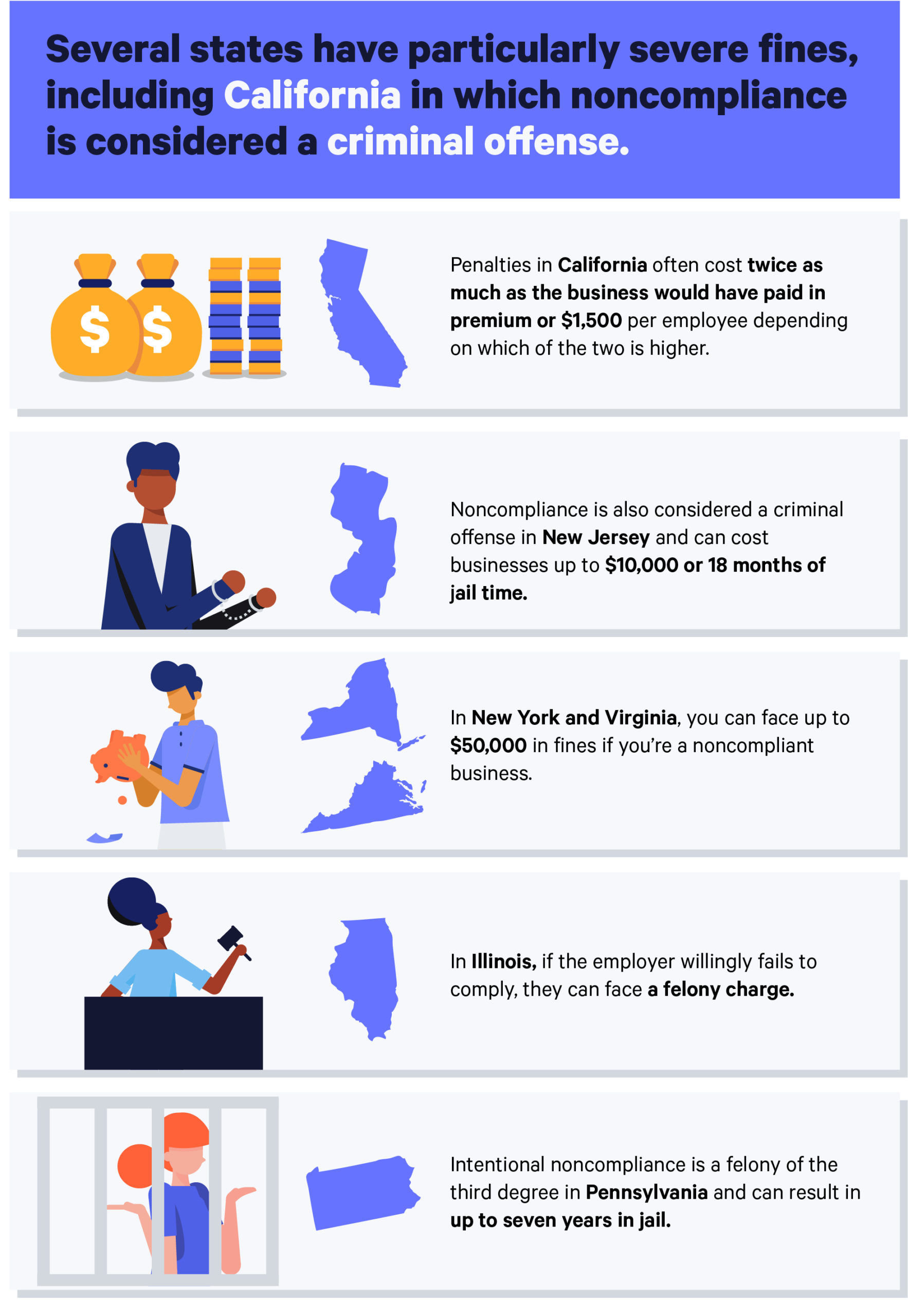Understanding Collateral Loans: How They Work and Their Benefits
#### What is a Collateral Loan?A collateral loan is a type of secured loan where the borrower pledges an asset as security for the loan. This asset, known a……
#### What is a Collateral Loan?
A collateral loan is a type of secured loan where the borrower pledges an asset as security for the loan. This asset, known as collateral, can be anything of value, such as real estate, vehicles, or savings accounts. If the borrower fails to repay the loan, the lender has the right to seize the collateral to recover their losses. This arrangement typically allows borrowers to access larger amounts of credit at lower interest rates compared to unsecured loans, as the lender's risk is mitigated by the collateral.
#### Types of Collateral Loans
There are several types of collateral loans, each suited for different financial needs. Some common types include:
1. **Home Equity Loans**: These loans allow homeowners to borrow against the equity in their homes. The home itself serves as collateral, making it possible for borrowers to access significant funds, often at lower interest rates.

2. **Auto Loans**: When purchasing a vehicle, borrowers can take out an auto loan where the car serves as collateral. If the borrower defaults, the lender can repossess the vehicle.
3. **Secured Personal Loans**: These are general-purpose loans that require collateral, which can be cash savings, stocks, or other valuable assets. They provide flexibility for various financial needs.
4. **Business Loans**: Entrepreneurs can use business assets or personal assets as collateral to secure funding for their ventures. This can help in obtaining larger loans that might not be possible through unsecured means.
#### Benefits of Collateral Loans

One of the primary advantages of collateral loans is the ability to borrow larger sums of money. Since the loan is secured against an asset, lenders are more willing to extend credit. Additionally, because the risk is lower for the lender, interest rates on collateral loans are often more favorable than those on unsecured loans.
Another benefit is the potential for improved credit scores. By responsibly managing a collateral loan and making timely payments, borrowers can enhance their credit history, which can open doors to better financing options in the future.
#### Risks of Collateral Loans
While collateral loans offer many benefits, they also come with risks. The most significant risk is the possibility of losing the pledged asset if the borrower defaults on the loan. This can be particularly concerning for individuals who use essential assets, such as their home or vehicle, as collateral.

Moreover, the process of obtaining a collateral loan may require a thorough appraisal of the asset being used. This can lead to delays and additional costs, which borrowers should be prepared for.
#### Conclusion
In summary, collateral loans can be a valuable financial tool for individuals and businesses seeking to access larger amounts of credit at lower interest rates. However, it is crucial for borrowers to understand the risks involved and to ensure they can meet their repayment obligations. By making informed decisions and using collateral wisely, borrowers can leverage these loans to achieve their financial goals while minimizing potential downsides.